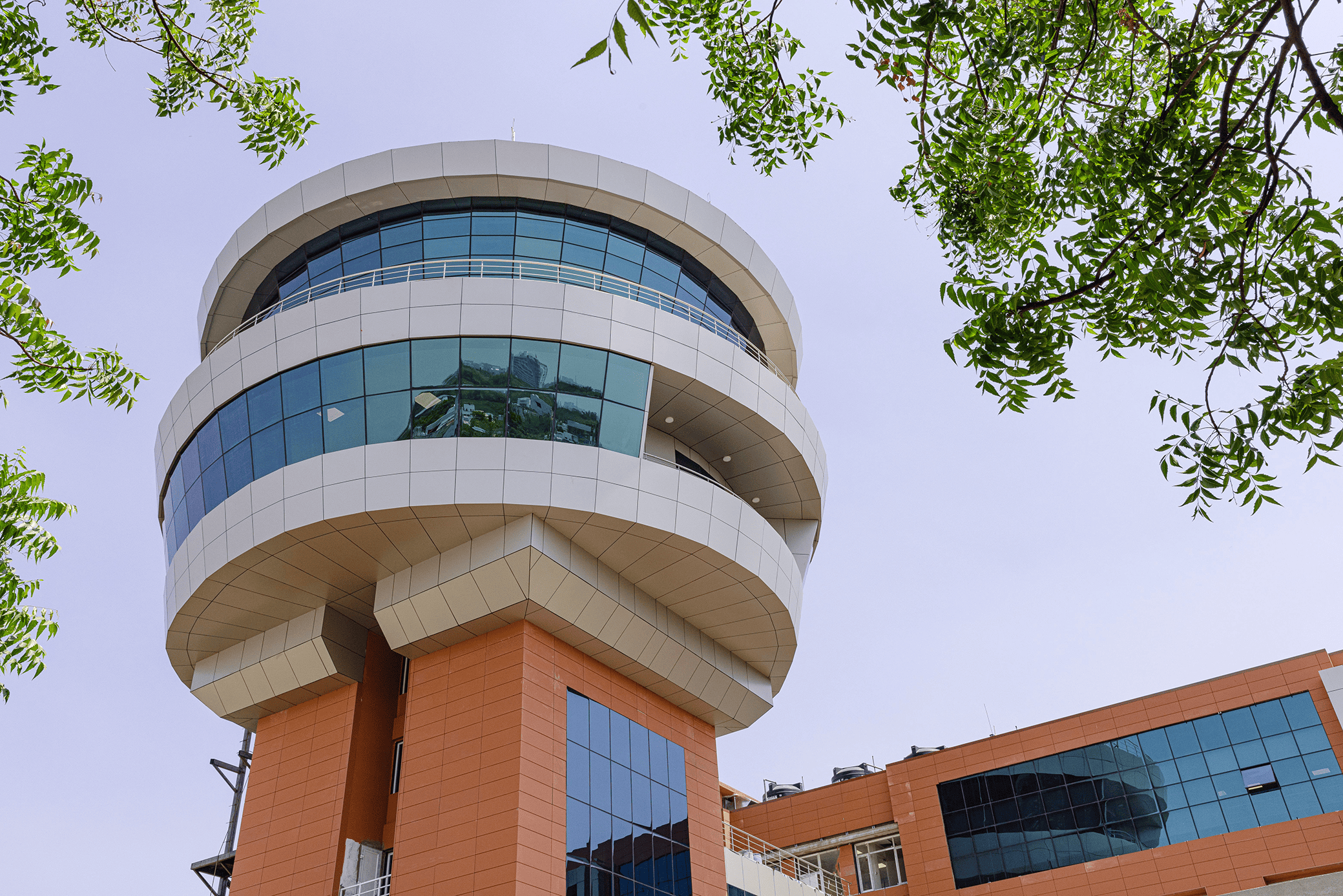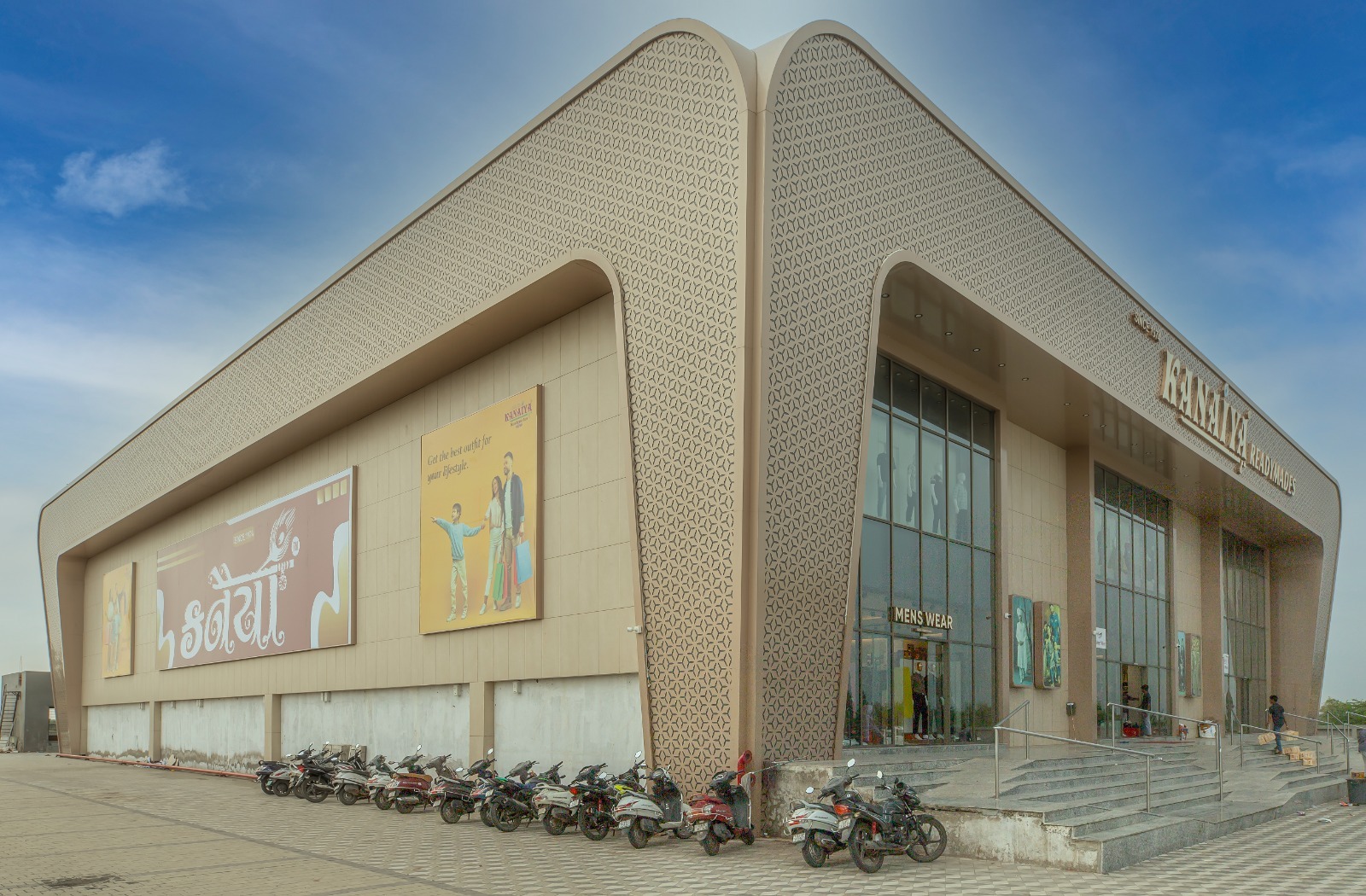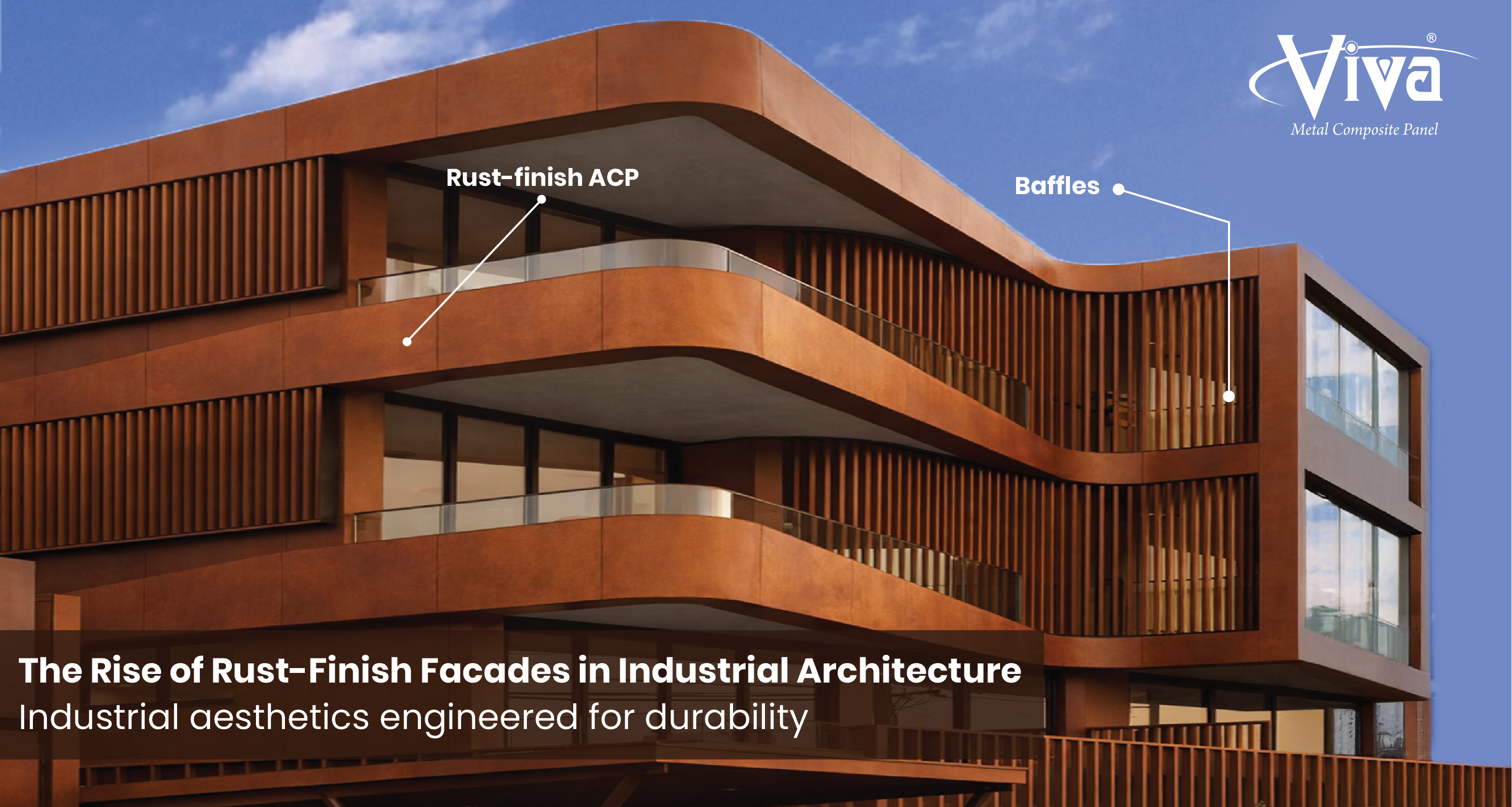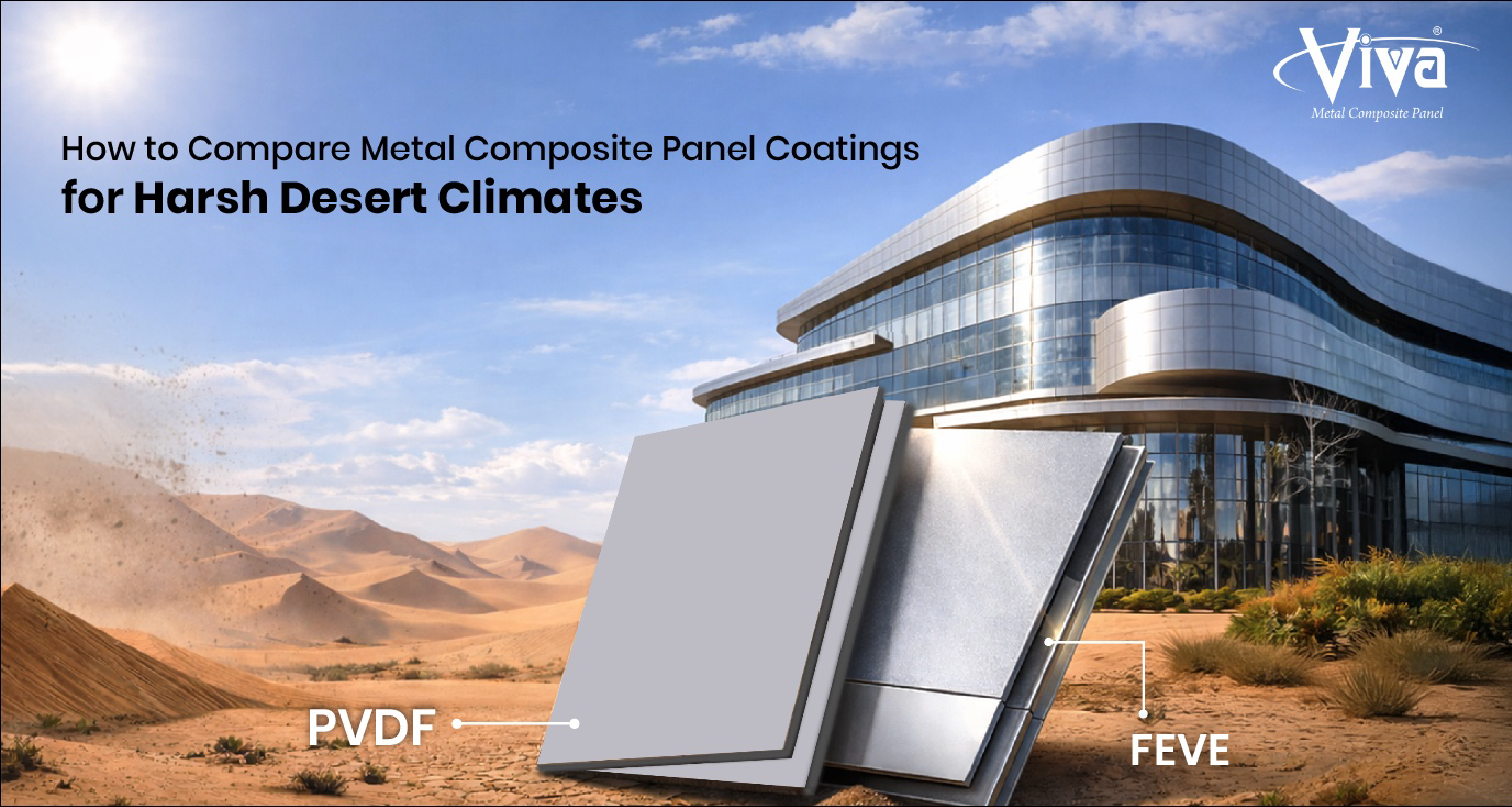
Choosing the right wall panel for your space can be challenging. With a number of choices available, it can be difficult to know where to start. Two widely used solutions, PU wall panels and ACP sheets, often top the list. But which one should be your pick?
Let us weigh the advantages and limitations of PU wall panels and ACP sheets for you to be able to determine which wall panel option best suits your requirements.
Difference Between PU Wall Panels and ACP Sheets
• Aesthetic Appeal
ACP Sheets: ACP sheets come in a range of colours and textures , including glossy, metallic and reflective surfaces.
These sheets can also offer the natural beauty of wood, stone patterns and other natural materials, making them ideal for those who want a touch of natural elegance.
PU Wall Panels: They provide a more tactile experience, boasting a variety of textures that add depth and visual interest.
They can be used with textures and patterns like stones, wood, etc., to create a dramatic feature wall or bring a sense of warmth to a space.
• Structural Strength & Durability
ACP Sheets: Made with a non-combustible solid or polyethylene core and aluminium coils, ACP sheets offer excellent durability and structural strength.
ACP panels are remarkably lightweight. Despite their lightweight nature, they possess exceptional rigidity which makes them perfect for wall cladding and facades.
PU Wall Panels: Similar to ACP sheets, PU wall panels also offer outstanding structural integrity and long-lasting performance, thanks to their polyurethane composition. The PU form protects the wall panels from impact and stress, ensuring that the wall remains functional for years to come.
• Moisture Resistance
ACP Sheets: The high-quality coatings of ACP sheets make them resistant to moisture, mitigating the risk of damage, warping or delamination even when exposed to humid or wet environments.
PU Wall Panels: They typically have a forfeited charcoal layer and a protective film coating that creates a barrier between moisture and the panel’s core. This prevents damage and keeps the panel unaffected by humidity, maintaining its appearance.
• Fire Resistant
ACP Sheets: While normal ACP sheets offer moderate fire resistance, there are fire-retardant ACP sheets that provide enhanced fire safety and resistance.
These ACP panels effectively delay the spread of fire while reducing its intensity, thereby providing ample time for the trapped people to escape and solidifying their position as a preferred choice for wall panels.
PU Wall Panels: They also have fire-resistant properties that allow them to face high temperatures without compromising their durability. But these panels may produce harmful fumes and toxic gases when exposed to fire, making ACP sheets a superior choice.
• Installation
ACP Sheets: Lightweight yet strong, ACP sheets are easy to handle and install and can be effortlessly cut, shaped and fabricated to match complex architectural designs, making the installation process faster and more efficient.
PU Wall Panels: They also offer ease of installation and customization. Featuring interlocking edges, they can be quickly installed without needing heavy support or extensive labour.
• Maintenance
ACP Sheets: The advanced manufacturing process provides a smooth, flat surface to ACP sheets which require minimal upkeep and maintenance. This makes ACP panels a cost-effective and practical choice for any type of space.
In addition, their moisture resistance prevents the growth of mould or mildew on ACP sheets, ensuring that wall panels remain intact.
PU Wall Panels: These panels have a specialised structure that prevents moisture ingress, ultimately reducing the need for frequent maintenance.
If needed, these panels can be cleaned using a DIY cleaning solution (made with mild soap and water) and a soft cloth.
• Environmental Impact
ACP Sheets: ACP sheets are manufactured with a recycled polyethylene core which reduces landfill waste. Additionally, ACP panels are coated with lead-free paints, contributing to a greener and cleaner environment.
PU Wall Panels: They provide moderate insulation, resulting in reduced energy consumption and greenhouse gas emissions. However, they feature polyurethane which is harmful to the environment.
Conclusion
When it comes down to choice, both ACP sheets and PU wall panels have their own superpowers. But to make the right call, you must consider your individual preferences and your space’s interior design.
You May also like to read: AHPL Or HPL Sheet: Which One Is Better?





 en
en
 Spanish
Spanish Arabic
Arabic Swahili
Swahili French
French

